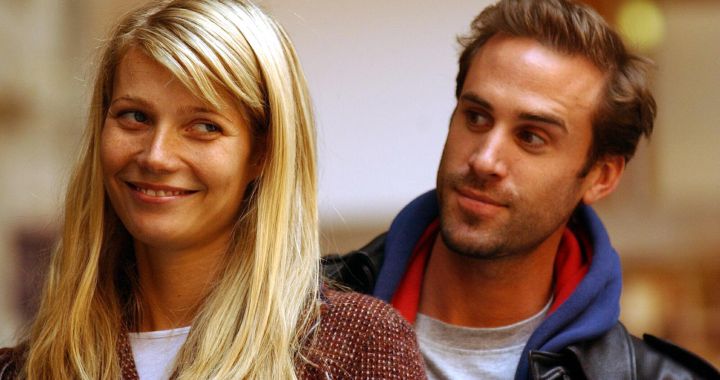Will Smith en MatrixDenzel Washington en SevenMatt Damon a Avatar…o julia robert In Shakespeare in love. The list of actors and actresses who turned down a role in a movie that ended up becoming a blockbuster is long. Almost as much as the number of hairs that would be pulled out in their day given the decision they made. But such is the history of cinema. And we got the last episode of the hand of America’s girlfriend and how her leaving led Gwyneth Paltrow to win an Oscar in 1999.
As we said, the story had been kept in a drawer for a quarter of a century until Edward Zwick, a Hollywood producer, revealed it in the Air Mail confirming the details that led to the departure of the intended actress of the original project and how her replacement ended up making the film a success.
“The mere thought of seeing ‘Pretty Woman’ in a corset was enough to bring the studio down. Ten weeks later, when I returned to London, there was a copy of the first draft (retouched by Tom Stoppard) that blew me away. was waiting. in my fabulous room at the hotel” begins by telling Zwick how the film was born and the first steps of Julia Roberts. The actress wanted one Shakespeare in particular: Daniel Day Lewis. But despite the bombardment of his previous film, the actor had already committed to another project.
“He’s brilliant. He’s engaging and intense. And so much fun! Did you see his performance in ‘A Room with a View’? He also did Shakespeare. Don’t you think he’ll be perfect? I can talk into it,” Julia Roberts told the producer. But neither the roses nor Julia Roberts’ request (“be my Romeo”) changed her mind. From there, everything started to go wrong with the various candidates for the male role: “Although Ralph Fiennes did everything to provoke his famous laugh, Julia barely flinched. It was a disaster. I’m not saying that ‘she deliberately sabotaged it.” I tried to apologize when he left, but he couldn’t get out of there fast enough. After he left, I turned to Julia, waiting for her reaction. She just said, ‘That’s not funny.'”
Fiennes was just the first of a long list that included Hugh Grant, Colin Firth, Sean Bean, Jeremy Northam… Until Paul McGann appeared. This is when the project took a 180 degree turn: “On the morning of the test, Julia arrived prepared and radiant. When they started to pass the text, something was wrong. There was No magic. The problem wasn’t the script. Nor McGann. It was Julia. Ever since she started speaking, I could tell she hadn’t worked on her accent. I felt her I tried to cheer her up, but she must have sensed my discomfort I made the tragic mistake of underestimating her insecurity Newcomer to the top of Hollywood, she became she had to be afraid to fail. I was never able to talk to her. When I got to her room the next morning, they told me she was gone. I never spoke to Julia again. Instead , I watched from afar how she managed to gain height and depth in her works. I wish her no harm. She was a scared 24-year-old girl. I was not b much older either and I was trying to act like an adult as I watched the Golden Theater crumble before me and my dreams of greatness with it,” Zwick recounts, recalling the i Making History.
The project changed drastically and had to start almost from scratch with Miramax backing a film that seemed doomed to oblivion after several vital changes to the project. But the Academy was going to end at its feet with the irruption of Gwyneth Paltrow and Joseph Fiennes. Oscar history.

